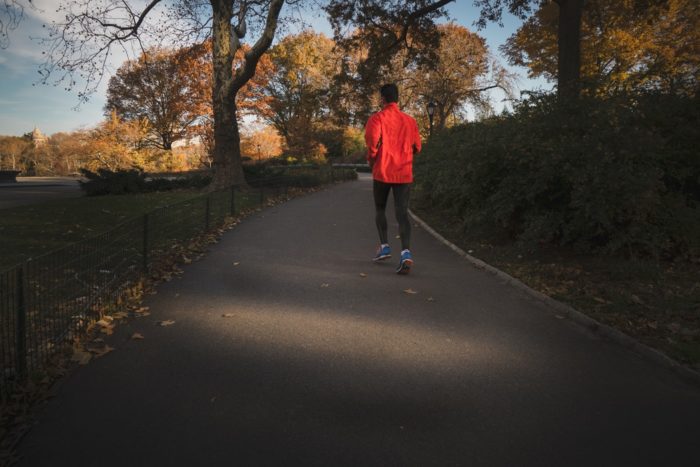By Vanessa Belvedere
Receptionist at Life Ready Physio Camberwell
Stress is unavoidable in modern life and presents itself in people differently.
For some it can cause anxiety, fatigue or low mood. For others it may cause inflammation or weaken the immune system. Managing your stress can lead you to live a happier, healthier life. You don’t need to spend a fortune or book into your local spa to achieve some Zen, just incorporate some of the below stress-relieving tips today to start building healthy habits for a healthy life.
Immediate stress-relieving techniques
- Breathe deeply
Got a big work meeting coming up? 10,000 emails to respond to? Find a quiet place (yes, the bathroom is a great place) and use your breath to relax and get back in charge of your day. Breathe in slowly and deeply through your nose, feeling the breath in your abdomen and work its way to the top of your head. Hold your breath briefly before exhaling slowly. Repeat five to 10 times.
- Share the stress
You know what they say – a problem shared is a problem halved – so talk to a colleague or a friend and get their perspective on the situation. If you know your cause of stress, talk to them directly. You might be surprised how a person will respond if you tell them their actions are causing you feelings of stress.
Long-term stress-relieving techniques
- Eat a healthy diet
Healthy food improves both your physical and mental health and your overall quality of life. Consuming a diet predominantly of whole foods, healthy fats and fermented foods allows for easy digestion and reduces inflammation.
- Build a healthy place from delicious, fresh, colourful and seasonal unprocessed foods
Load up on your favourite fruits and vegetables, whole grains, lean unprocessed meats and fish, and beans, legumes, nuts and seeds.Try to avoid highly processed food products, with lots of added unhealthy fats and sugars that can lead to weight gain, increasing your risk of developing diabetes and other chronic diseases. Highly processed foods leave you feeling sluggish as they are not the optimum fuel source for the brain. Most of the processed foods found in supermarkets today did not exist 50 years ago (aka Frankenfoods), and if you can’t pronounce the ingredients or there are 20-50 ingredients with a shelf-life of 1-2 years, leave it on the shelf. These foods do not offer you much nutritionally and are best consumed occasionally.
- Exercise outside
Exercise and gentle stretching is proven to have multiple positive effects on the body, including the reduction of stress hormones adrenaline and cortisol. The Department of Health recommends 150-300 minutes of moderate physical activity, or 75-150 minutes of vigorous activity each week. This could include walking to work from the train station, weight-based training or kicking the football with friends. Studies have found that natural environments improve health and wellbeing by reducing feelings of stress. People with more access to the outdoors, for example parks, gardens or the ocean, experienced less stress compared to individuals without access or limited access. Stress reducing outdoor activities include hiking, gardening, walking along the beach and sports such as cricket.
- Daily meditation
Meditation is commonly used for relaxation and stress reduction. As little as 10 minutes is shown to help control stress levels, decrease anxiety and improve cardiovascular health. Headspace makes meditation easy by offering free guided mediations online.
To eliminate stress from your life long term, incorporate daily meditate, exercise, time in nature and talk to friends or family. During a stressful encounter, use your breathe to manage your stress hormones or go bold and find the root cause of your stress and eliminate it head on.
Cheers to a happier, healthier and calmer life!
References
https://foodandmoodcentre.com.au/about/
https://www.health.harvard.edu/staying-healthy/exercising-to-relax
http://www.health.gov.au/internet/main/publishing.nsf/content/health-pubhlth-strateg-phys-act-guidelines


